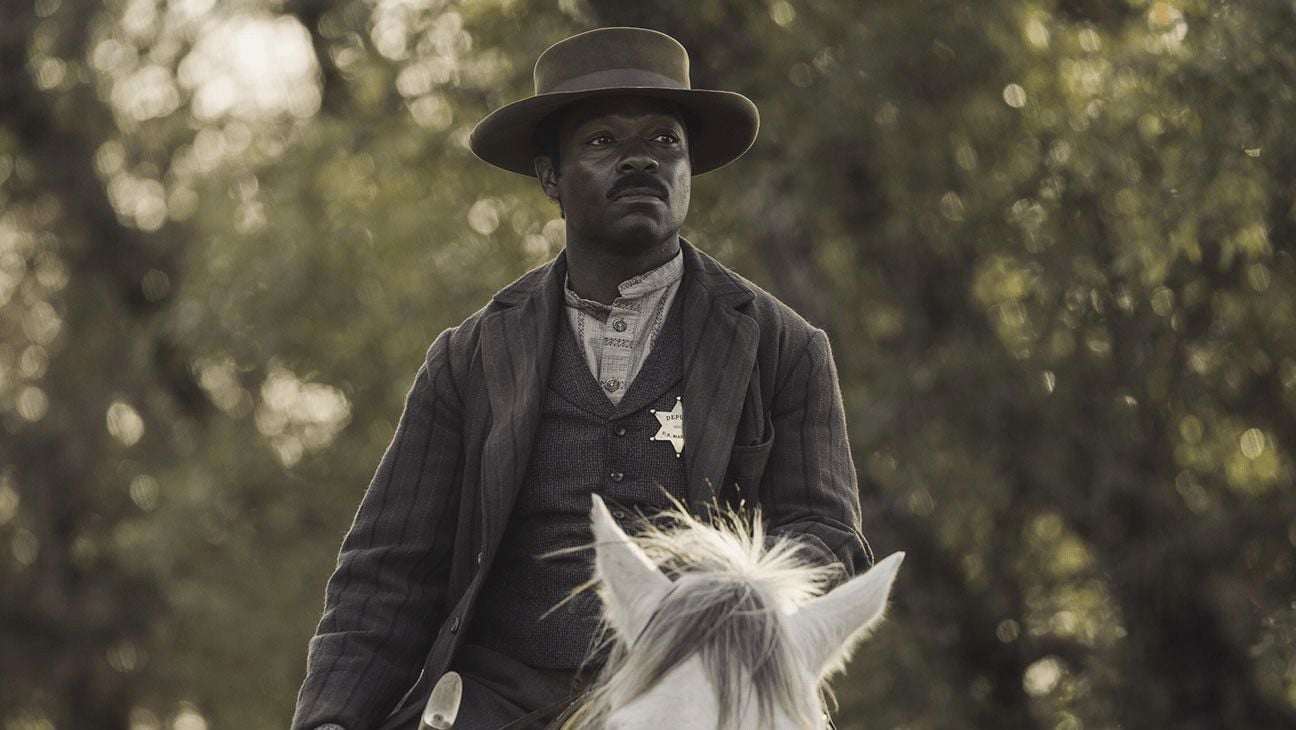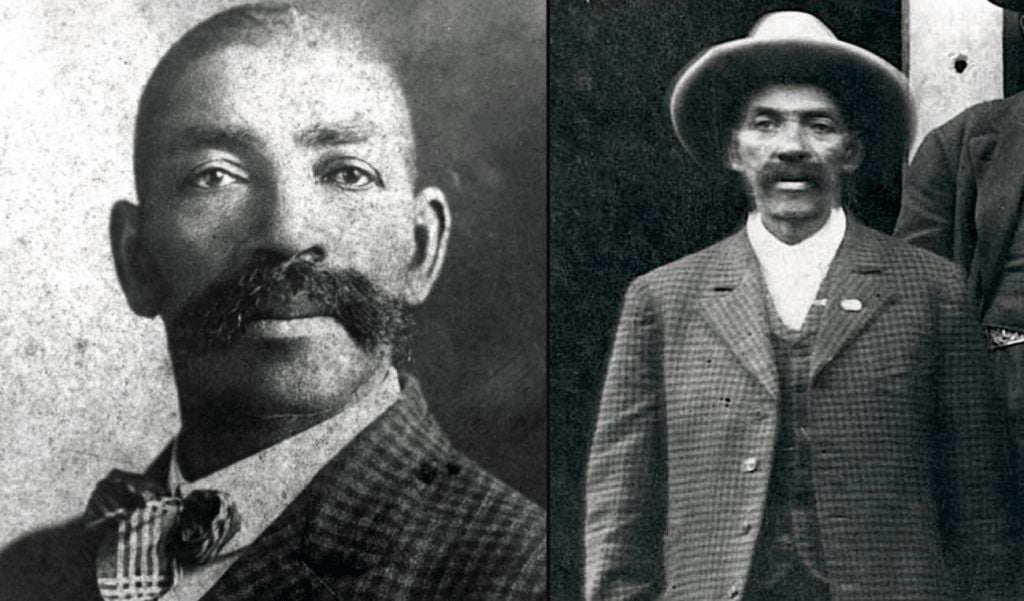Exploring the Formative Years of Bass Reeves
Born into the harsh realities of slavery in July 1838, Bass Reeves’ early life was one of servitude under William S. Reeves, an Arkansas state legislator. His formative years were spent in Grayson County, TX, after his family was moved there when he was just eight years old. These early experiences likely instilled in him a resilience and resourcefulness that would later define his legendary career. Instead, Bass Reeves kicks off with the lead character in servitude during the Civil War — he’s enslaved by an officer in the Confederate Army.
The crucible of slavery and subsequent escape to Indian Territory, now Oklahoma, where Reeves lived among the Seminole and Creek tribes, undoubtedly shaped his character and skills that would serve him well as a future lawman.
The Escape That Paved the Way for Justice
The turning point in Bass Reeves’ life came during the Civil War when he seized his freedom from the clutches of slavery. Escaping to the Indian Territory, he honed his survival skills and was ultimately freed by the Emancipation Proclamation in 1863. Later, when his master cheats at a card game where the prize was to be his freedom, Reeves beats him down and has to flee.
His escape was not just a flight to freedom but a pivotal moment that set the stage for his future as a distinguished lawman.


Bass Reeves’ Mastery of Marksmanship
Reeves’ reputation as an expert marksman was well-earned. His impeccable skills with a pistol and rifle were not just for show; they were crucial tools in his law enforcement arsenal. Living among Native American tribes post-escape granted him invaluable experience that translated into a fearsome proficiency in weaponry. This ability to handle firearms with such expertise made him an imposing figure to outlaws and an asset to justice.
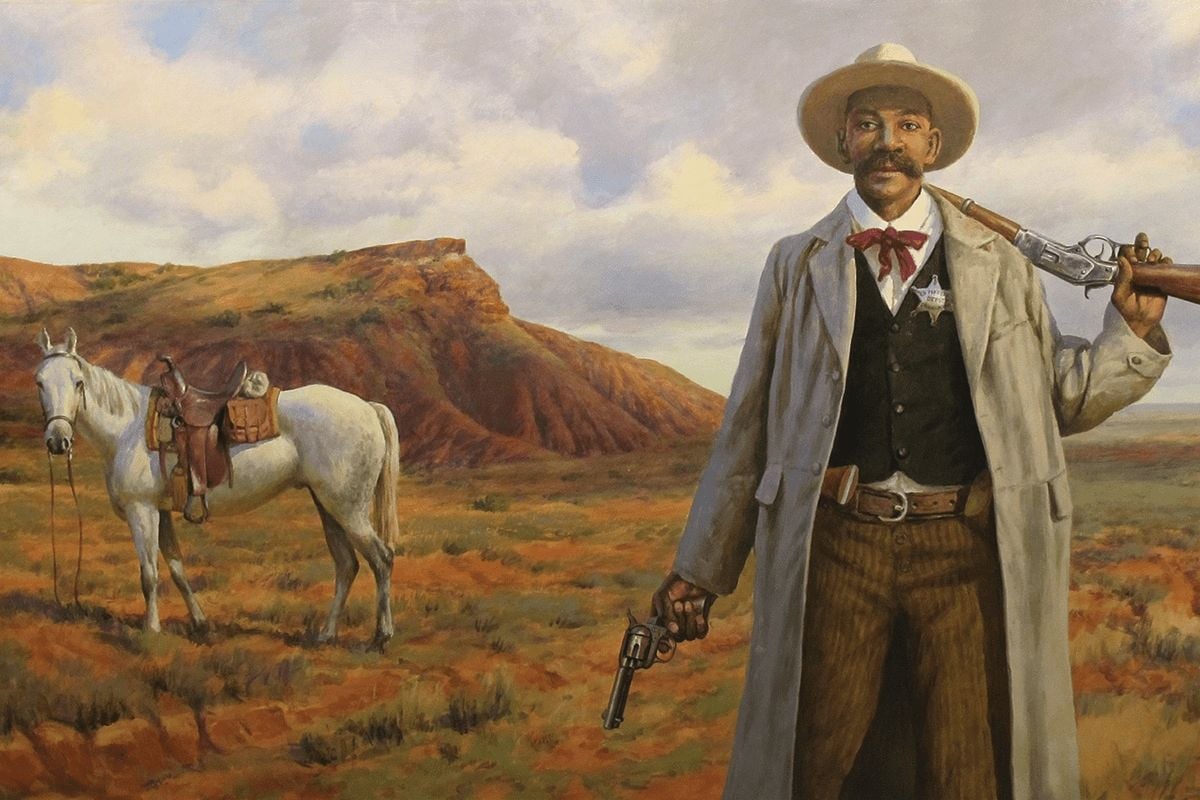

A Record of Arrests Reflecting Dedication to Justice
The sheer volume of arrests made by Bass Reeves is a testament to his dedication to upholding the law. Over his 32-year career, he made more than 3,000 arrests, becoming the first Black U.S. marshal west of the Mississippi. This staggering number reflects not just a commitment to duty but also an unwavering resolve to bring about justice in what was then considered one of America’s most lawless territories.
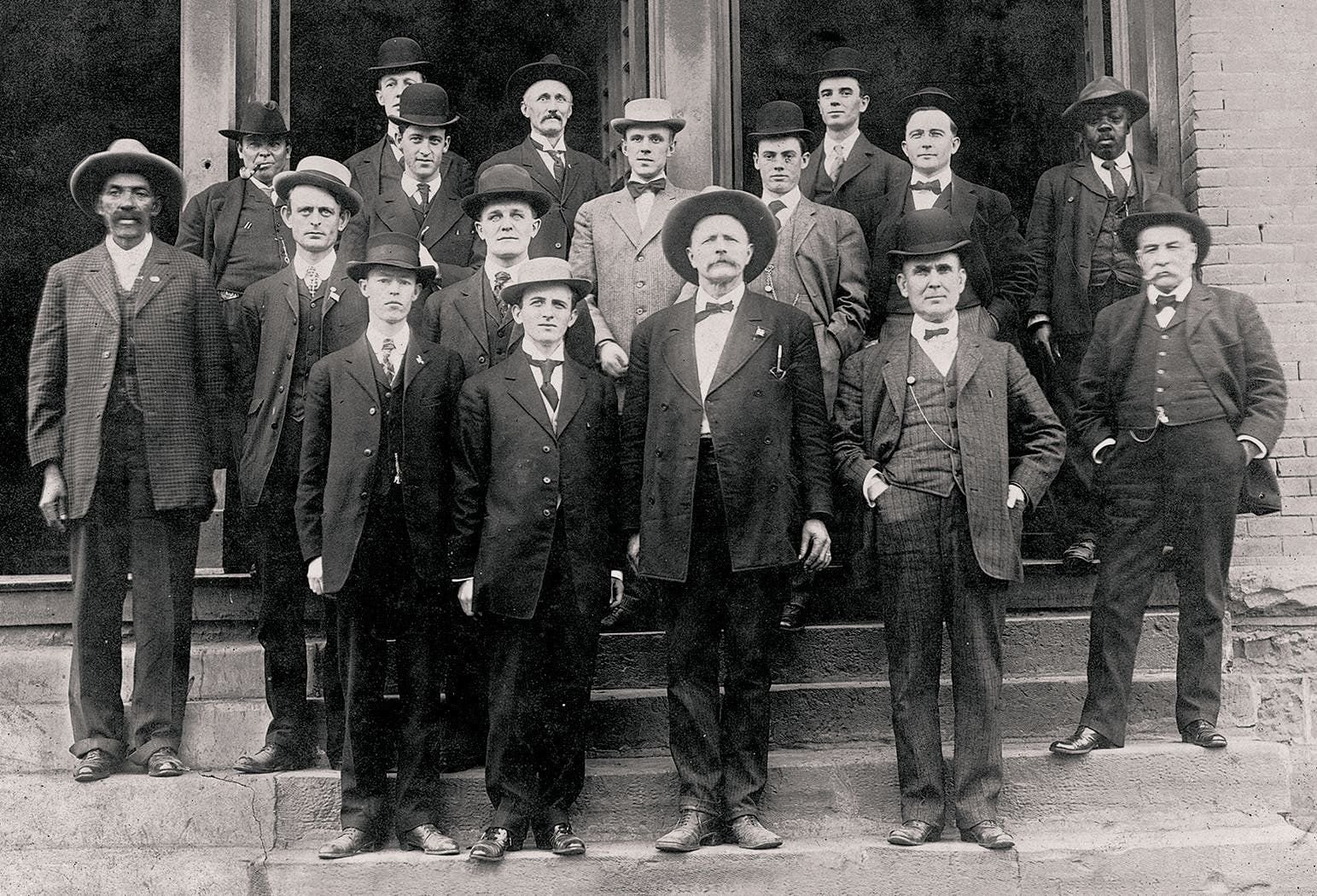

The Cultural Resonance of Bass Reeves’ Legacy
The legacy of Bass Reeves has echoed through time, influencing popular culture in profound ways. There is speculation that he may have been the real-life inspiration behind the Lone Ranger—a figure emblematic of justice and righteousness. While this connection remains part of folklore, it underscores how deeply Reeves’ story has penetrated the American consciousness as a symbol of integrity and heroism.
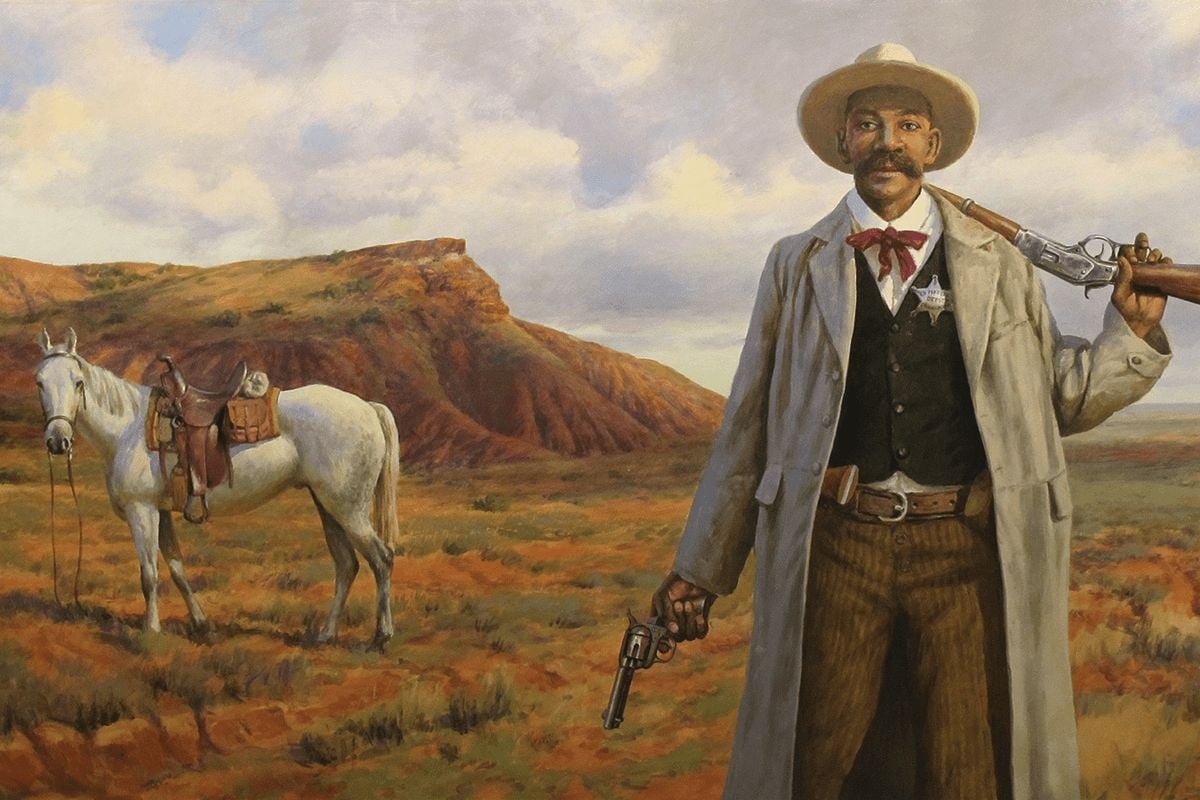

An Unwavering Integrity Even Against Personal Challenges
Bass Reeves’ personal integrity shone brightly throughout his career. He upheld the law without bias or favoritism, even when it meant arresting his own son for murder. His ability to enforce justice impartially, despite personal challenges, is a testament to his strong moral compass and fairness—a quality that earned him respect and admiration from both allies and adversaries.
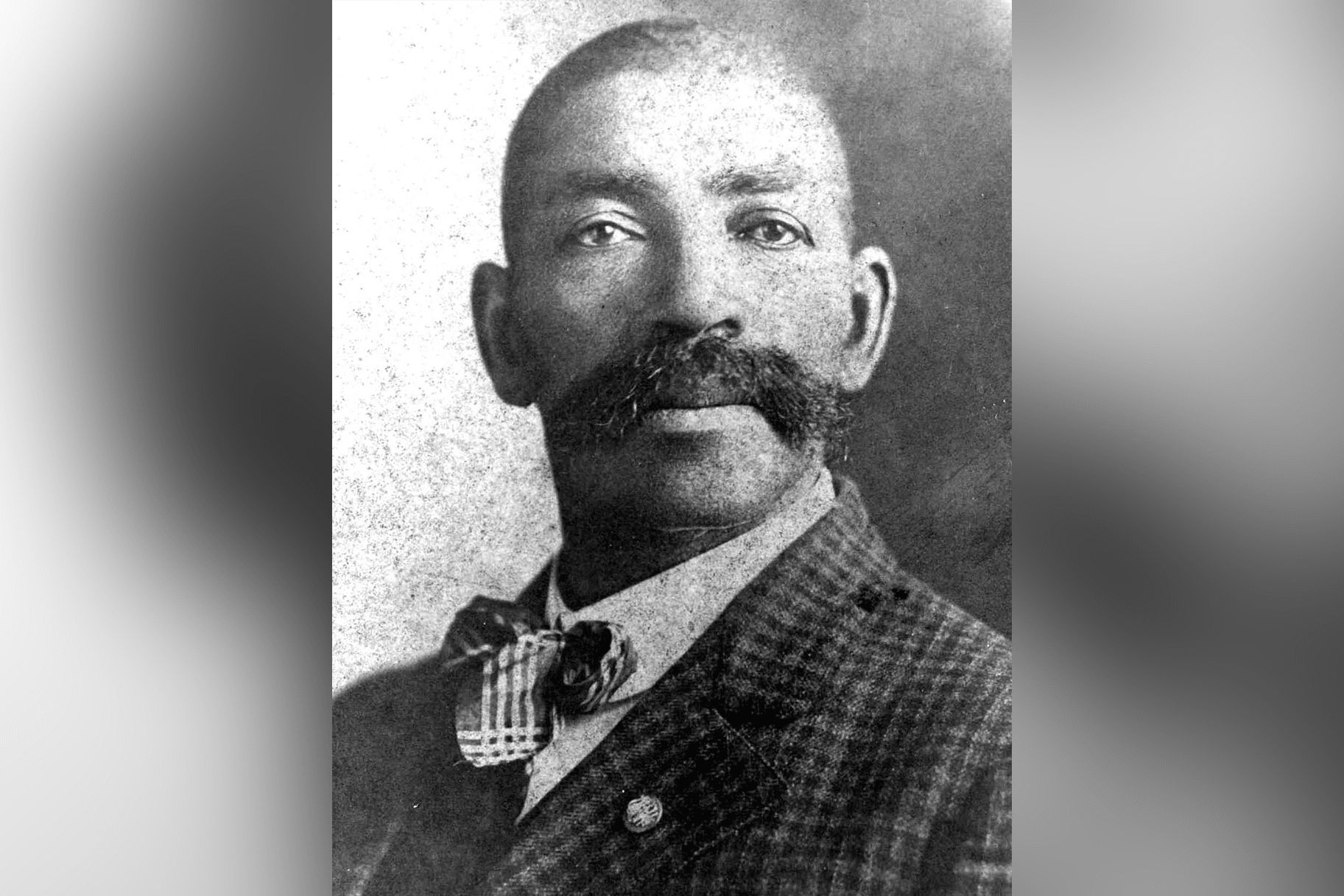

The Enduring Legacy of a Law Enforcement Legend
As Bass Reeves’ career drew to a close with his retirement, he left behind a legacy that has continued to inspire generations. His life’s work laid down a blueprint for courage and justice that resonates within law enforcement circles and beyond even today. His story is not merely one of historical significance but also one that embodies the spirit of American legendry.
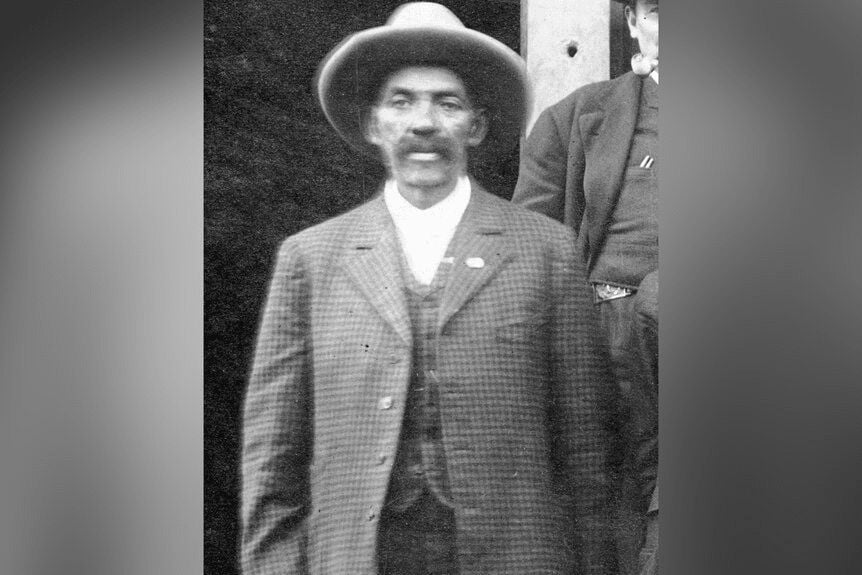

A Modern Reflection on Bass Reeves’ Story
In recent years, portrayals of Bass Reeves in media have brought renewed attention to this towering historical figure. Television series like “Lawmen: Bass Reeves,” streaming on Paramount+, offer audiences a glimpse into his remarkable journey from slavery to becoming a celebrated U.S. Marshal. These portrayals shape our contemporary understanding of his life and continue to add layers to his enduring mythos.
